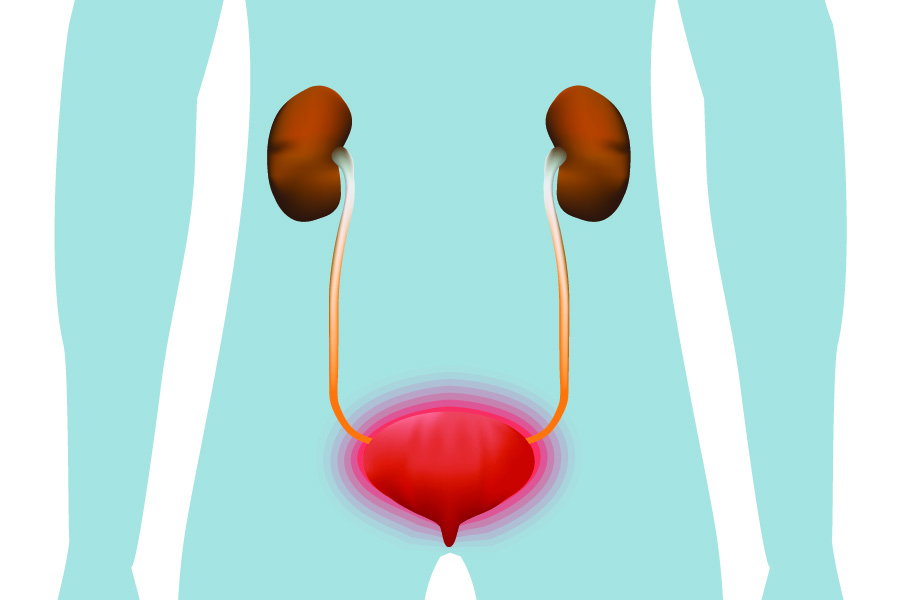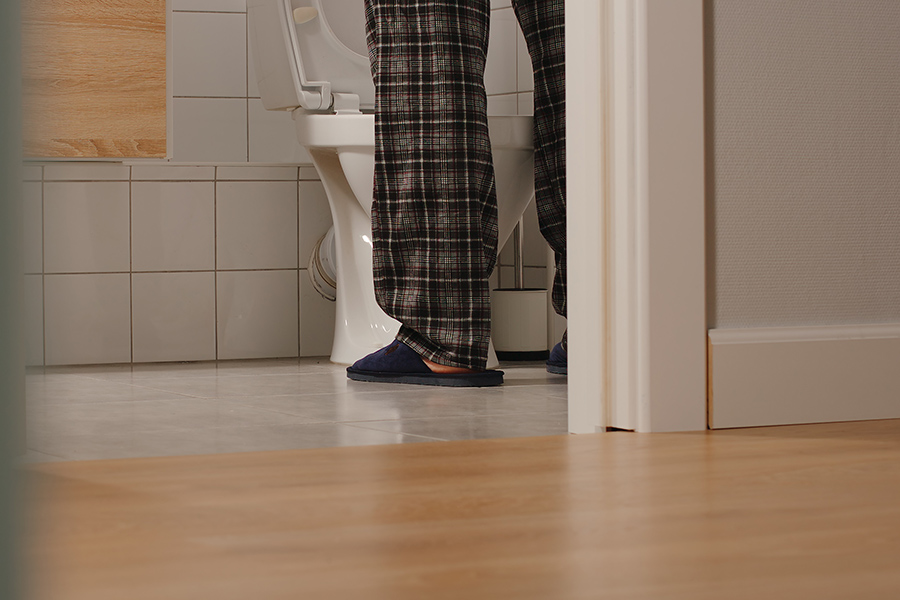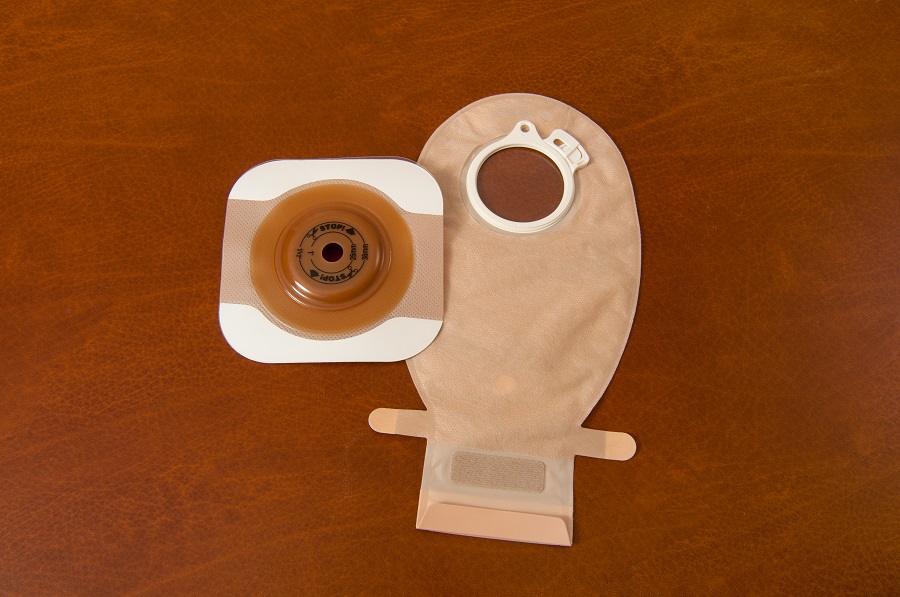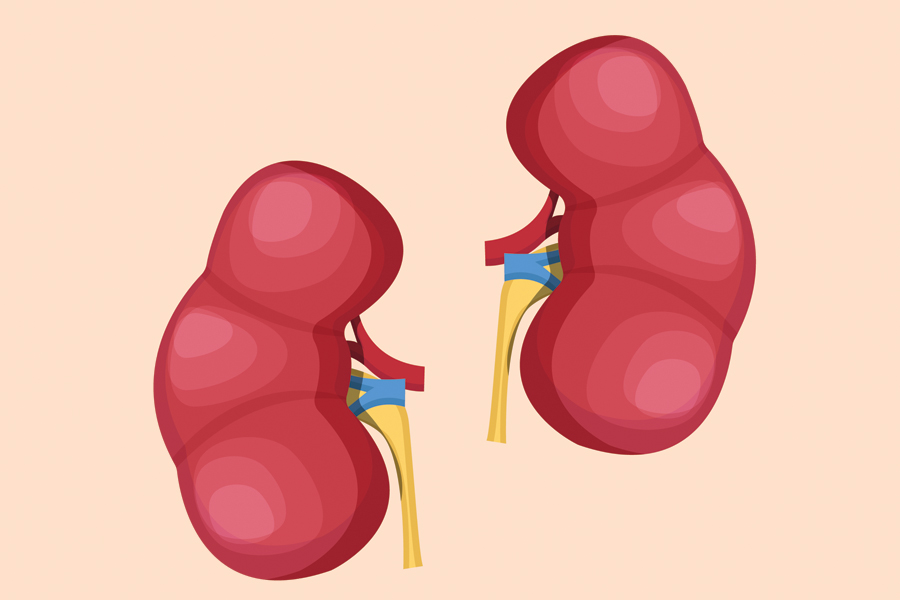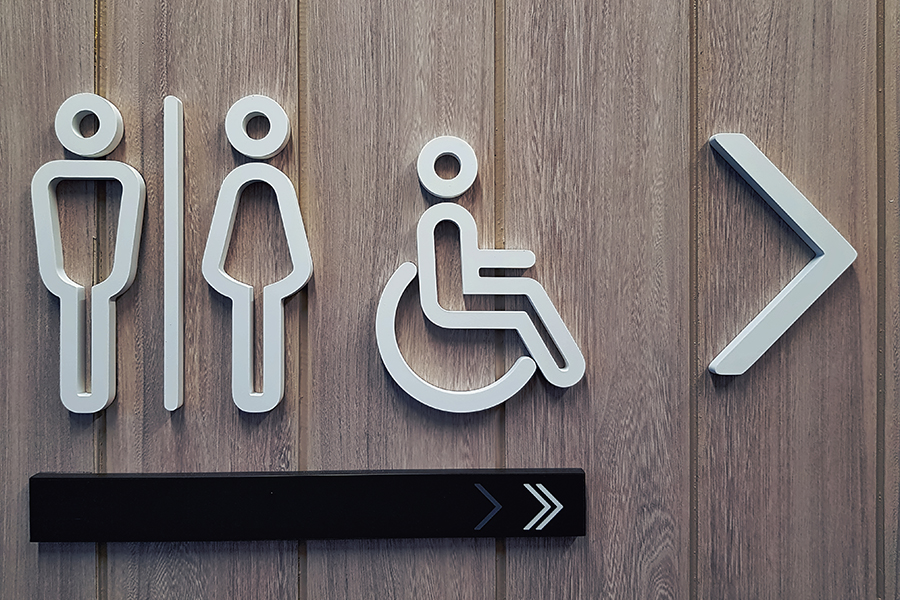Visiting the urologist for the first time doesn’t have to be daunting. While patients can be anxious about the initial visit, the first appointment can represent a new opportunity – the beginning of the road to recovery.
As with any doctor’s visit, it’s good to be prepared and make sure you get the most out of your time with the urologist. Here are some tips to ease the fear and make your first trip to the urologist a successful one.
Have all your information together including:
- Insurance card.
- Referral numbers (if needed).
- Results from prior blood and urine tests (if conducted by primary care physician).
- Food and drink diaries (if relevant).
During the visit, expect to:
- Provide a urine sample. Try not to have an empty bladder upon arrival. If you are unable to hold urine, inform office staff.
- Share medical history and detailed descriptions of your symptoms and any medications you may be taking. The urologist will likely want to know when symptoms began, what makes it worse or your family medical history.
- Undergo a physical exam. The doctor will concentrate on genitourinary system, including kidneys, urinary bladder, adrenal glands, urethra and reproductive organs. Depending on symptoms, additional tests may be performed.
Some questions you may want to ask include:
- What is the diagnosis?
- What treatment options are available?
- Is the medication you are currently taking (if applicable) going to interfere with the treatment plan?
- What are the benefits and risks of the treatment plan?
Post exam, the urologist will likely discuss treatment plans including possible medication, additional tests and surgical procedures with you. Ask any questions that you may have in regards to your condition, so when you leave the office, you are fully informed and understand the benefits and risks of the different treatment plans available.
For more information, see related articles and urological resources here:
- Early Signs of Kidney Stones
- Keeping Your Bladder Healthy
- Living with Pelvic Floor Dysfunction
- Urinary Tract Infection Symptoms and Risk Factors
- How A Bladder Diary Helps Evaluate Incontinence
Sources:












